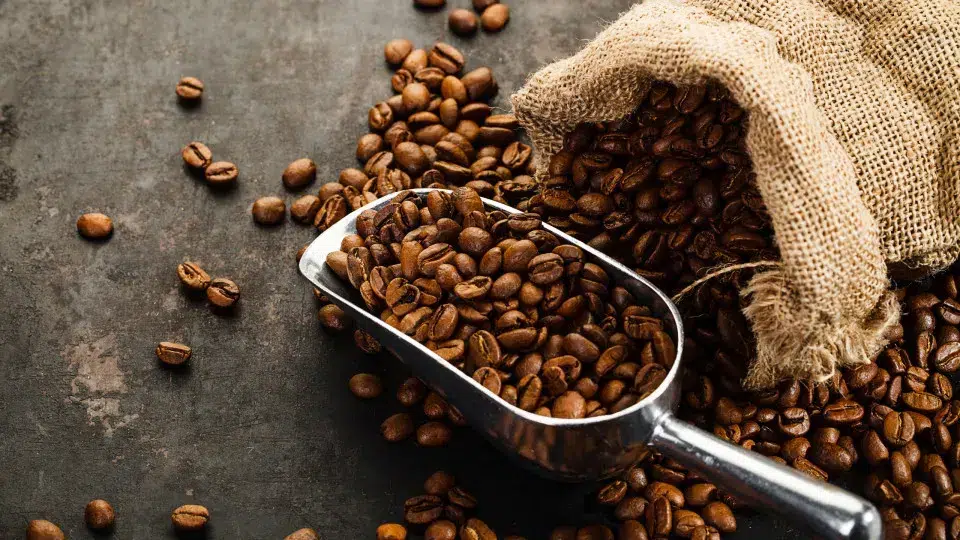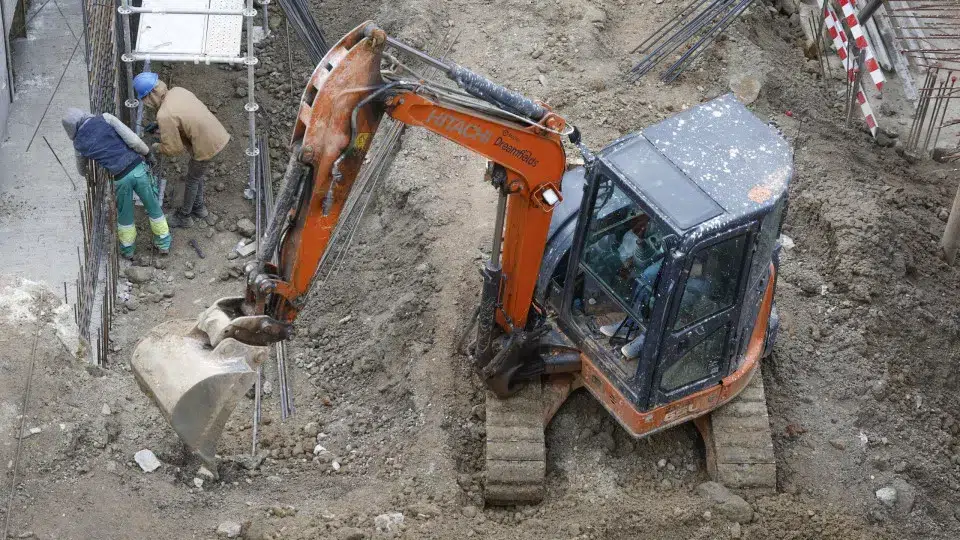
“We are now talking about a minimum of 1,500 families practicing coffee cultivation,” said Pedro Muagura, administrator of Gorongosa National Park (PNG), to the media.
According to Muagura, beyond the families directly benefiting, this practice is also creating secondary jobs in the region: “Because people will need others to help with harvesting, in addition to family members, who now do not need formal employment.”
“Last year we had a [family-level coffee producer] who managed to earn 250,000 meticais [3,300 euros]. This individual no longer needs to seek employment for a monthly salary of five or six thousand meticais [67 to 80 euros] because it is considered guaranteed employment for the family,” explained the conservation area administrator.
Gorongosa National Park is located in the Sofala province, central Mozambique, in a district sharing the park’s name, situated at the southern edge of the Great African Rift Valley.
According to authorities, Gorongosa produces about five tons of coffee every three months, with the main purchasing countries being Portugal, England, and the United States, but “Mozambique is the primary consumer.”
At the end of last month, PNG announced that the Norwegian government would provide 427 million meticais (5.6 million euros) for park activities, including conservation area restoration, supporting the continued education of girls in the region, and assisting local farmers and youths.
“We are grateful to Norway – and all our donors and partners – whose generosity protects Gorongosa and empowers its communities for the coming years,” said a statement from the park.
The Norwegian embassy in Maputo stated that Gorongosa, once “devastated by war,” is now an example of how conservation and communities can go hand in hand. The agreement supports girls in staying in school, farmers in increasing their income through coffee, cashew, and honey production, and youths in finding new opportunities in conservation and ecotourism.
Systematic coffee production in Mozambique began nearly five years ago, primarily concentrated in Gorongosa.
Previously, it was reported that Mozambique currently has around 300 hectares dedicated to coffee production. As the country marks 50 years of independence, producers dream of seeing Mozambique’s name among the continent’s leading producers.
“We are in a very embryonic phase, but the idea is to keep working [toward affirmation]. We cannot compete with the big players now, we are just starting. What we need to do is produce high-quality coffee to capture the market outside Mozambique,” said Jenaro Lopes, president of the Mozambican Coffee Growers Association (Amocafé), in an interview.
This year, Mozambique expects to produce nearly 100 tons of coffee, having achieved 40 tons the previous year.
The ongoing strategy is financed by four million euros from the Italian Cooperation Agency, involving more than 2,200 producer families.
The development strategy for this crop in the country will focus on research, investment, and training of technicians, aiming to reach about 5,000 hectares of production area over a 10-year plan.




